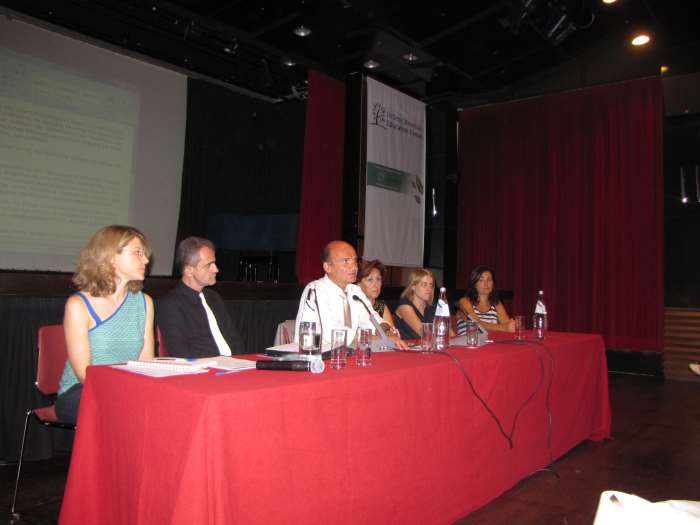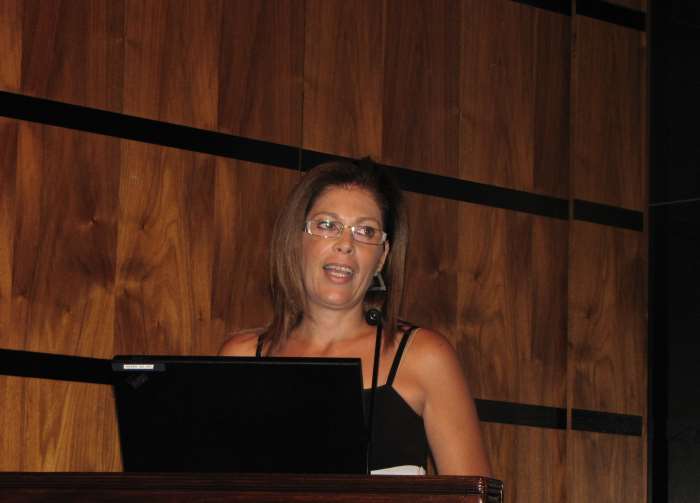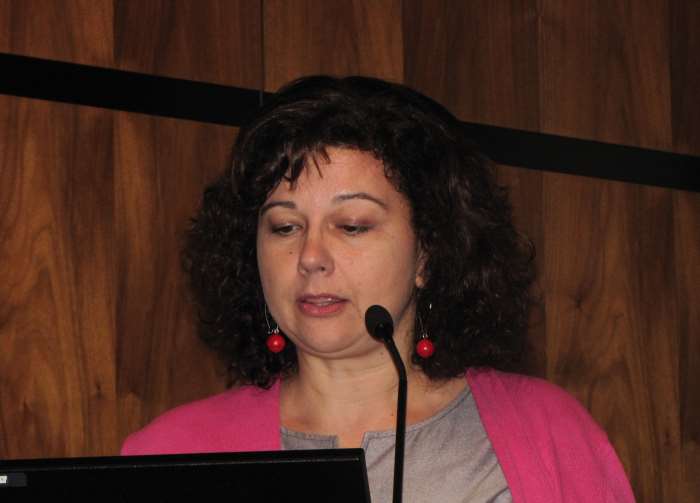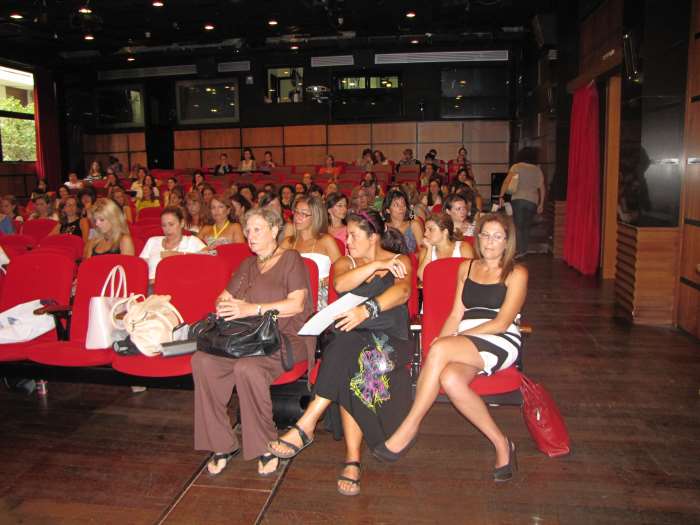 The Educational Reform and the Current Situation in Schools
The Educational Reform and the Current Situation in Schools
PEKADE’s Board Members gave a detailed account of the actions the association had taken to support foreign language learning in the new Lyceum.
(Teachers of foreign languages complain that the law, which reforms Lyceum and the way candidates enter higher education, downgrade foreign language learning with the reduction of teaching hours.)
In addition, recent legislation issued in compliance to Troika demands that includes mass lay-offs of thousands of substitute teachers and the ability to transfer teachers to a different area of Greece each year was discussed.
Prof. Bessie Dendrinos, who took part in the discussion, said that teacher professional associations play a very small part in policy making which means that teachers’ voices are less and less heard. Mechanisms for implementation usually proceed with little discussion.
This practice creates the faulty assumption that teachers do not have their own suggestions to make and that their own professional expertise is not significant.
PEKADE’s Board concluded by saying that the close cooperation of PEKADE with teacher associations of other languages ‘may make teachers’ voice louder and clearer’.
Tension faded completely as attention shifted to the PEAP Project and the KPG exams.

Asst. Professor in the Department of Language and Linguistics, University of Athens, Kia Karava briefed the audience on the Early English Language Learning Project.
The Ministry of Education, wishing to reform education and adopting recommendations by the European Commission that regard Early Language Learning (ELL) as a factor contributing to multilingualism, introduced, in 2010-11, English to 1st grade primary school pupils, on an experimental basis, in 800 of the largest state primary schools in the country.
The project expanded in 2011-12 to include 161 more schools operating as ‘all-day’ schools. As a result 40% of 1st and 2nd grade pupils in Greece had their first experience in English language learning from an early age.
Kia discussed the various stages of the project -dissemination, material development, teacher training, evaluation etc.- and said that despite resistance from teachers and other stakeholders in education, the programme was very successful and, as of this school year, it will be implemented in all primary schools.

Thalia Hatzigiannoglou, ELT State School Advisor, who was involved in the PEAP programme from the beginning, explained how she managed to motivate the teachers in her area and the tools she used for training and dissemination.
